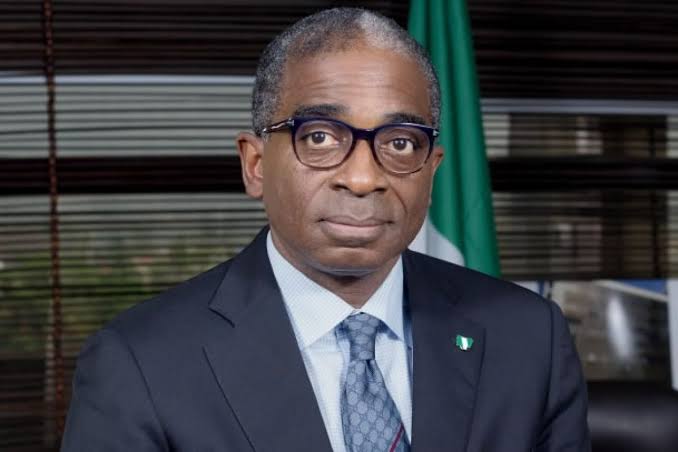Advertisement
The Federal Government needs to invest massively in agriculture and industrial activities as a measure to solve its foreign exchange problem, the Chief Executive Officer of the Nigerian Export Promotion Council, Olusegun Awolowo, has said.
Africa’s largest exporter relies on oil as a major foreign exchange earner, but the country hit by Covid-19 has adjusted strategies to expand its Forex sources outside oil.
Nigeria has huge foreign exchange demand backlog amounting to over $2bn, while Foreign Investment Portfolio is on the decline.
The productive base of the Nigerian economy are agriculture and industries which are largely underfunded.
Advertisement
But the NEPC boss explained that these sectors need massive investment to boost Forex supply.
He said these on Monday on TVC News Business Nigeria, while discussing ‘Alternative Source of Revenue: Assessing the Potentials of the Nigeria Export Promotion Council.’
In the programme monitored by THE WHISTLER, the NEPC chief said these sectors needed the kind of investment beings made in the oil sector.
Awolowo noted that Nigeria’s foreign exchange earnings of 90 per cent from crude oil is “not sustainable.”
Oil rich Nigeria has invested heavily in revving its moribund refineries which the expert said with similar amounts invested in other sectors, the country would have grown away from an oil dependent economy.
Advertisement
Nigeria’s oil only contributes seven per cent of the Gross Domestic Product, while agriculture contributed 21.9 per cent to the GDP in 2019.
Industries also added 27.6 per cent, while the service sector contributed 49.7 per cent to the 2019 GDP.
The NEPC Boss stated further that while the economy is already diversified, other sectors are not earning the much needed foreign exchange.
He said the challenge had been how to get, Micro Small and Medium Enterprises to start earning foreign exchange.
Awolowo said the NEPC is working assiduously to promoting the import of foreign exchange through services including music, creative industries and financial services.
He noted the country needs to have its own regulatory standards to curb the barriers of exporting Nigeria’s agricultural product to its trade partners.
Advertisement
Nigeria’s main challenge, according to him is linking exporters to foreign market.



